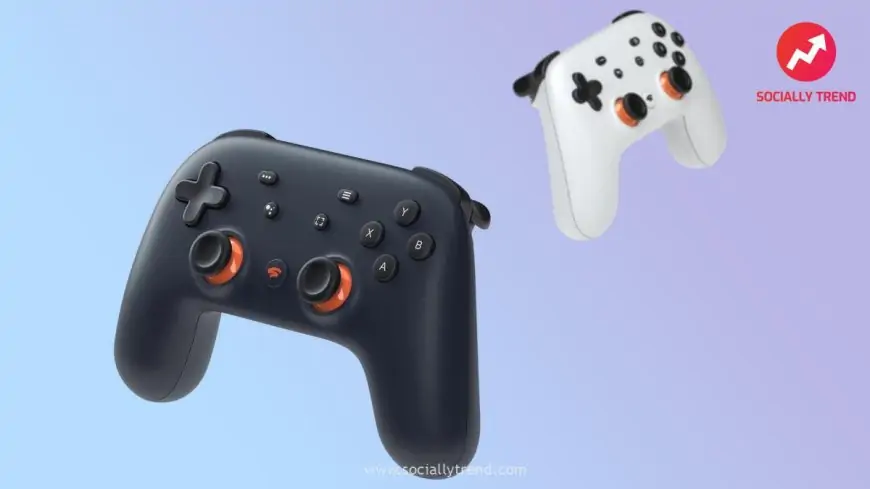The issue with Stadia
Oh, Google Stadia. The much-hyped, game-streaming service was meant to be the polished market disruptor that realized the promise of platforms like OnLive, a long-dead predecessor that launched too early for the world to actually take discover. The idea of sport streaming is straightforward: by placing the onus of processing on a server, the gadget displaying the sport must do little or no work. Which means even intensive AAA video games can carry out properly in a browser, on a smartphone, or on a sensible TV, given they’re simply exhibiting off the spectacular work being executed elsewhere. And Stadia definitely impressed in its preliminary demos, significantly as a method to check out blockbuster video games in a single’s residence, even with out the newest gaming equipment. However now it’s clear that Google bit off greater than it might chew on this division. After courting big-name publishers and throwing a great deal of cash into creating its personal unique video games, Google was compelled to shutter its gaming division within the face of subscriber numbers well below company forecasts. Even video games that had been deemed solely doable on Stadia are discovering properties on different platforms as builders look to offer their creations longevity.One main challenge affecting Stadia's viability is the benefit with which individuals can purchase or play video games elsewhere. If you wish to sport with out shopping for a devoted console, you should buy titles by means of Steam or the Epic Video games Retailer in your laptop. You may subscribe to Apple Arcade on an iPhone or a pill, and even simply stick with free-to-play video games like Fortnite and Apex Legends. Stadia could be able to internet hosting more intensive video games than a few of these units, however a lot of these desirous about demanding gaming experiences will in all probability spend money on appropriate {hardware}.
Taking advantage of a gaming TV
The factor with the highest gaming TVs is that they are finest utilized with a PS5 or Xbox Series X console, to utilize the HDMI 2.1 specification permitting for 4K/120Hz passthrough from related units. The true attraction of Stadia is in its compatibility with cheaper, more on a regular basis devices. However for those who can afford a correct residence gaming setup, why splash on a premium TV moderately than console, particularly for the reason that latter will price, at most, half of the worth of that display? Google Stadia's Professional (paid) tier will up the service's fundamental 1080p decision output to 4K, with HDR and 5.1 encompass sound (when you've got the correct audio gear), however that $9.99 / £8.99 month-to-month price could possibly be spent on platforms or consoles that offer you more bang to your buck. With schemes like Xbox All Entry, you may pay a month-to-month charge – as with a cell phone contract – that throws in a console in addition to a collection of video games. The very best tiers of this service even embrace choices for sport streaming by means of Xbox Cloud Gaming, which doesn’t require you to purchase a sport once more. Moreover, Xbox's cloud gaming is built-in with the Xbox/PC platform in a method that Stadia can’t recreate. The Xbox ecosystem units the stage for a future the place sport streaming dominates, with out attempting to wrench customers away from present platforms earlier than market situations are really prepared. The result's a market that Stadia was by no means actually poised to disrupt, or dominate. And anybody fawning over their model new gaming TV in all probability will not see a lot worth in a service that has, to this point, failed to supply a significant different to the whole lot else on the market.
The bottom Stadia plan is free, and you might want to try the way it feels to play Future 2 over your house web. But it surely’s laborious to shake the sensation that almost all video games are higher purchased, higher performed, and higher serviced elsewhere. In any case, why spend money on a video games library that may not be supported in a couple of years’ time?


















